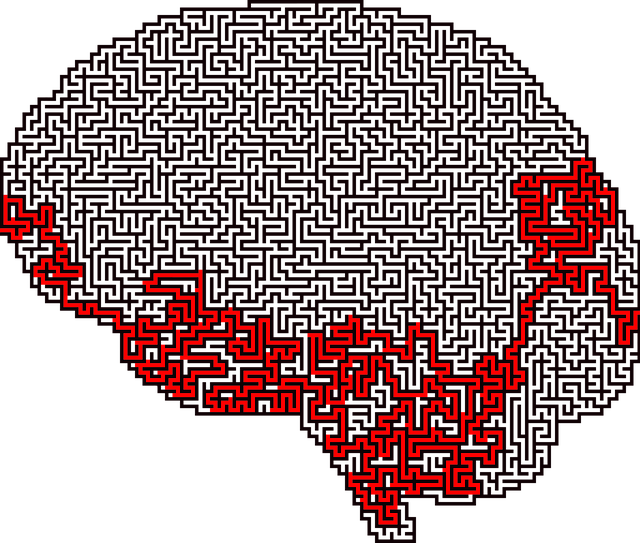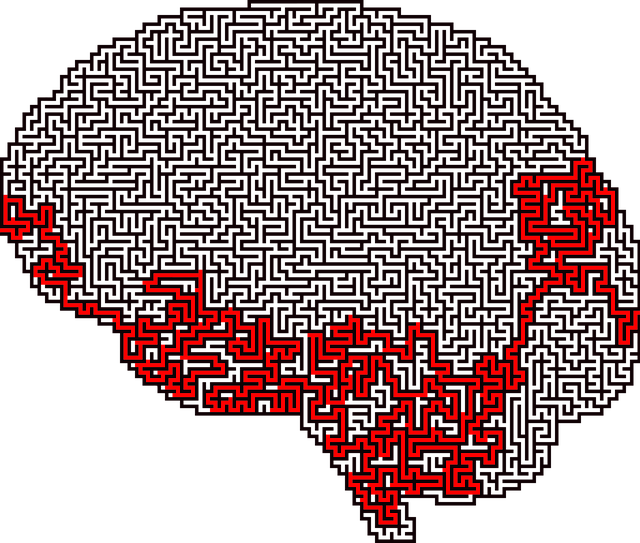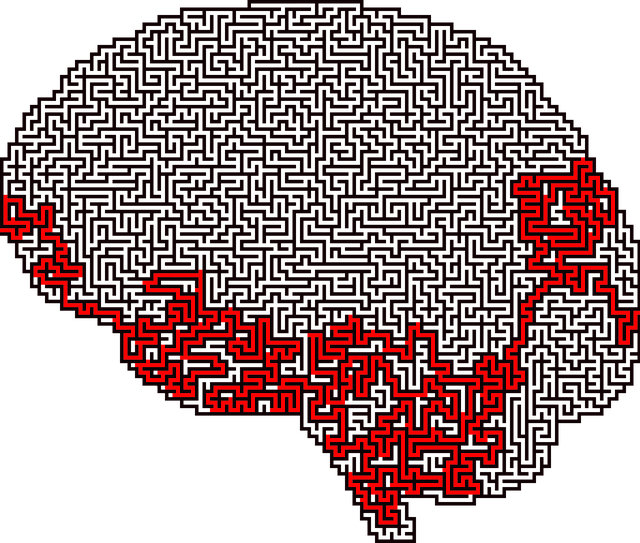Longmont Family Counseling Therapy (LFCT) emphasizes precise mental illness diagnoses through cutting-edge tools and evidence-based practices. Their comprehensive assessments utilize advanced questionnaires, interviews, and digital journaling to uncover subtle symptoms. LFCT's Trauma Support Services focus on trauma-informed care, creating safe spaces for processing past experiences. Integrating innovative techniques with a patient-centered approach enhances diagnosis accuracy, enabling better self-care routine development and improved mental health outcomes.
Mental illness diagnosis accuracy is paramount for effective treatment. This article explores efforts to enhance diagnostic practices, focusing on strategies employed by Longmont Family Counseling Therapy. We delve into the role of enhanced tools and techniques in improving assessment, as well as the significance of training and education for mental health professionals. Additionally, we highlight a patient-centered approach, emphasizing personalized care for more accurate diagnoses, ultimately benefitting individuals seeking support from centers like Longmont Family Counseling Therapy.
- Enhancing Diagnostic Tools and Techniques: Longmont Family Counseling Therapy's Role
- Training and Education: Building a More Accurate Assessment Framework
- Patient-Centered Approach: Personalized Care for Improved Diagnosis Accuracy
Enhancing Diagnostic Tools and Techniques: Longmont Family Counseling Therapy's Role

At Longmont Family Counseling Therapy, we recognize that accurate mental illness diagnoses are the cornerstone of effective treatment. To enhance diagnostic accuracy, our team employs cutting-edge tools and techniques. We integrate evidence-based practices tailored to individual needs, ensuring a comprehensive assessment process. For instance, our therapists may utilize advanced questionnaires and interviews designed to uncover subtle symptoms often overlooked. Additionally, we offer innovative solutions like digital mental wellness journaling exercises, which provide valuable insights into clients’ emotional states and progress over time.
Beyond traditional diagnostic methods, Longmont Family Counseling Therapy prioritizes Trauma Support Services. Recognizing that many mental health conditions stem from past traumatic experiences, our therapists are trained in trauma-informed care. This approach creates a safe, supportive environment, encouraging clients to process and heal from trauma’s impact. By combining these advanced techniques with a patient-centered approach, Longmont Family Counseling Therapy strives to improve diagnosis accuracy, ultimately fostering better self-care routine development for improved mental health outcomes.
Training and Education: Building a More Accurate Assessment Framework

Mental illness diagnosis accuracy has long been a topic of concern within the healthcare industry. To address this challenge, professionals are turning to innovative training and education strategies. At Longmont Family Counseling Therapy, for instance, therapists undergo rigorous programs that focus on developing advanced assessment skills, enabling them to make more precise diagnoses. These initiatives often incorporate cutting-edge research and evidence-based practices, ensuring practitioners stay updated with the latest advancements in mental health understanding.
One such approach involves integrating Mindfulness Meditation and Compassion Cultivation Practices into training curricula. These techniques not only enhance therapists’ self-awareness but also foster a deeper connection with clients, potentially improving diagnostic accuracy. By reducing Mental Illness Stigma Reduction Efforts through education, healthcare providers can create a more supportive environment for individuals seeking help, ultimately leading to better outcomes.
Patient-Centered Approach: Personalized Care for Improved Diagnosis Accuracy

At Longmont Family Counseling Therapy, we’re dedicated to transforming mental healthcare through a patient-centered approach. This personalized care model prioritizes understanding each individual’s unique experiences, needs, and cultural backgrounds, fostering an environment of trust and respect. By incorporating empathy building strategies and cultural sensitivity into our practice, we strive to enhance diagnosis accuracy.
This means actively listening to patients, validating their feelings, and collaboratively developing treatment plans that align with their personal goals and values. Encouraging positive thinking and promoting self-compassion are integral parts of this process, enabling individuals to actively participate in their healing journey. Through these holistic empathy-driven methods, we aim to ensure more precise mental illness diagnoses and ultimately, better outcomes for all our clients.
Mental illness diagnosis accuracy is a multifaceted issue, requiring advancements in tools, training, and patient-centered care. As highlighted by Longmont Family Counseling Therapy, enhancing diagnostic techniques and incorporating personalized approaches can significantly improve outcomes. Through ongoing education and innovative practices, professionals can better navigate the complexities of mental health, ensuring more accurate assessments and effective treatment plans. This holistic approach, emphasized by Longmont, is pivotal in addressing the growing need for precise mental illness diagnoses.














